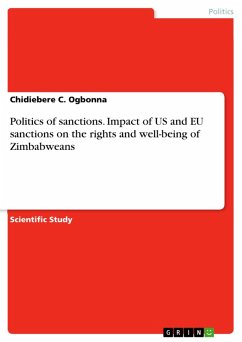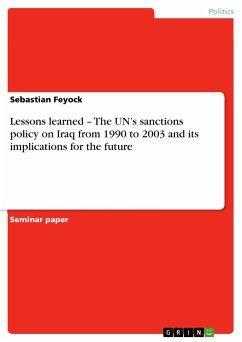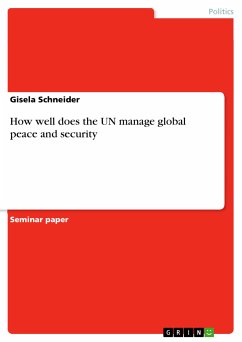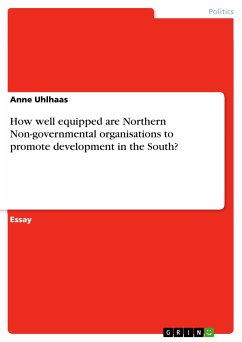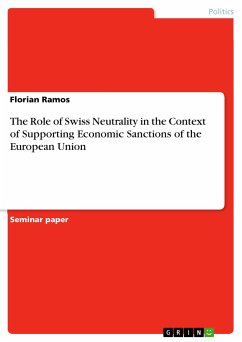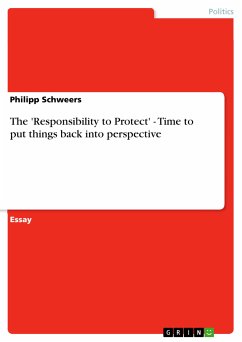Scientific Study from the year 2015 in the subject Politics - Topic: Peace and Conflict, Security, grade: 10, University of Jaume I (UNESCO Chair of Philosophy for Peace, Jaume I University, Spain), course: Master of Philosophy in Peace, Conflict and Development, language: English, abstract: Sanctions have been referred to by the United Nations as a "tool for all seasons." The rationale behind the imposition of economic sanctions is the hope to solve a conflict without mass suffering and other negative consequences associated with war. Thus sanctions are situated in lieu of warfare. Protagonist of sanctions perceive the measure to be a soft approach capable of compelling or pressuring an offender, mostly the government of a State to behave in line with the doctrine of the international community or the body imposing sanctions. Available empirical evidence shows that in general, sanctions have not been able to achieve its goals; instead their outcomes affect human security negatively. Against the humanitarian consequences of sanctions, the measure still maintains a favourable position in the "tool kit" of international diplomacy. Concerned by lack of sufficient understanding of the grave human suffering that arises from economic sanctions, this book seek to fill this information gap. Using Zimbabwe as a case study, this book analysis the impact of sanctions on the human rights and well-being of the civilian population, particularly their impact on the vulnerable groups within the Zimbabwean societies. Although sanctions have become a norm in international relations, this book queries the compatibility of sanctions with international humanitarian law and other human rights treaties and conventions. It serves to awaken policy makers, politico-socio-economic analysts, researchers and global citizens on how sanctions violate basic human rights of civilians and put their well-being and social mobility in stagnant danger.
Dieser Download kann aus rechtlichen Gründen nur mit Rechnungsadresse in A, B, BG, CY, CZ, D, DK, EW, E, FIN, F, GR, HR, H, IRL, I, LT, L, LR, M, NL, PL, P, R, S, SLO, SK ausgeliefert werden.

